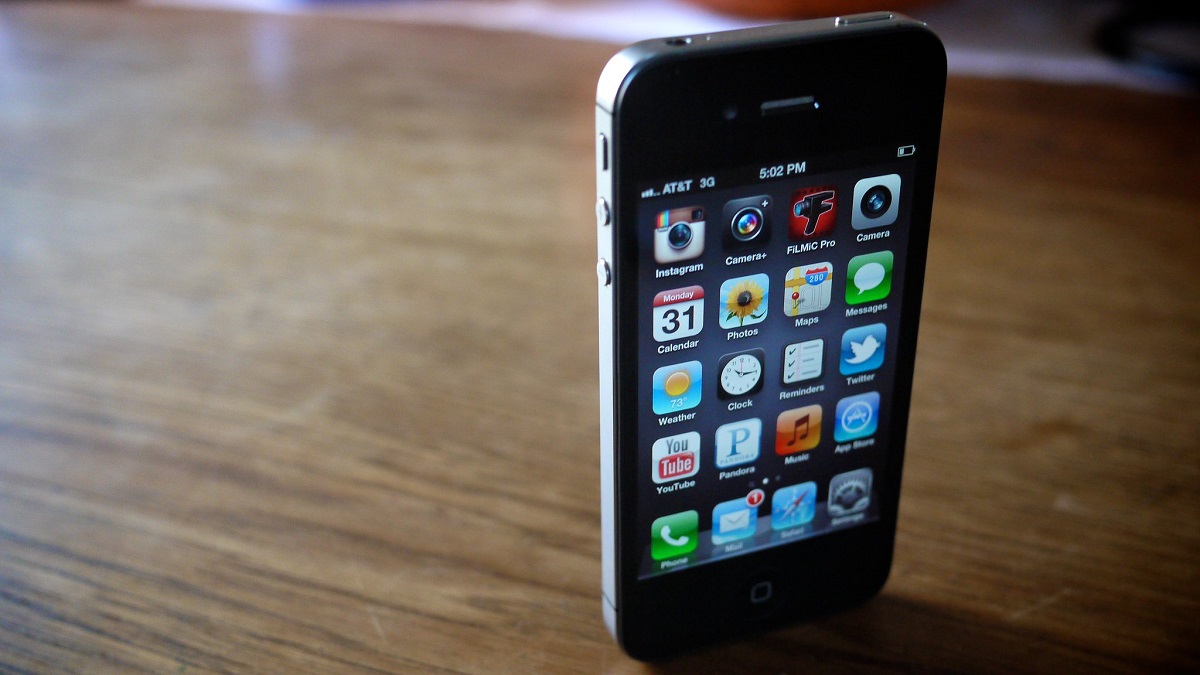
The Private Relay feature within iCloud+ that Apple claims offers ‘uncompromised performance and unreduced speed’, would need some serious tweaks, according to informal tests by a Google employee.
Apple Inc. became a VPN (Virtual Private Network) provider when it launched the Private Relay service. The iCloud+ service includes multiple privacy, security, and anonymity-boosting features.
Apple iCloud+ brings with it VPN, burner email address, and unlimited storage for video recordings of home-security cameras:
Apple Inc. has been stressing a lot about user privacy. The company recently released iOS and iPadOS 14.5 which contained the App Tracking Transparency (ATT).
The ATT puts a system-level permission prompt that iPhone and iPad owners can use to approve or deny the ability to track them across apps, websites, and internet services. Now Apple Inc. has gone a few significant steps ahead with the iCloud+ subscription.
New iCloud+ subscription is included with your current subscriptions but adds new security features Private Relay, Hide My Email, and unlimited Homekit Secure Video. pic.twitter.com/GZ3pnAbmSX
— AppleInsider (@appleinsider) June 7, 2021
As the name suggests, iCloud+ is a part of the iCloud subscription, but it is not a high-storage tier. Instead, iCloud+ is a subscription-based service that bundles a VPN called Private Relay, a burner email address feature, and unlimited storage for video recordings of home-security cameras tied to Apple’s HomeKit.
The Private Relay feature essentially brings a native Virtual Private Network directly onto an iPhone. There are quite a few VPN services available on a monthly subscription or data volume basis, but this is Apple’s exclusive service for its own devices.
Private Relay is Active pic.twitter.com/yBZ486b4EG
— ahhhhfs (@abskoop) June 8, 2021
VPNs are quite useful for internet users who are bogged down by regional restrictions and excessive censorship. These services also offer an additional layer of anonymity and privacy, in addition to a virtual firewall for online security.
Apple’s Private Relay is like a VPN, but there a few limitations, some differences, and few important advantages. Private Relay can mask the IP address of the iPhone on which it is active.
iCloud+ Private Relay == VPN ?#WWDC21 pic.twitter.com/3LUnGNWQBP
— Jane Manchun Wong (@wongmjane) June 7, 2021
Additionally, the service also masks the location of the Apple device. However, unlike regular VPN services, Apple does not allow users to set their preferred location, also known as “region switching”.
The biggest advantage of Private Relay is that it is free to any iPhone or iPad user. Just a basic iCloud storage plan is enough to access and use the VPN-like feature.
Private Relay reduces speed, increases latency, and hampers performance, just like any other VPN:
When Apple introduced the Private Relay service, the company promised it would not reduce the user’s connection speed or “compromise your performance”. Needless to mention, this is a rather lofty claim.
Any basic VPN accepts connection requests from the user, reworks the same through its internal routes, collects the data, and delivers the same. This rerouting, masking, etc. impacts performance, speed, and latency.
Testing Apple’s new Private Relay service:
– Choose “Preserve Approximate Location” and “Use Broader Location” in iCloud settings and turn it on/off.
– Choose “Trackers and Websites”, “Trackers Only”, “Off” in Safari settings.
– Not reliable yet, have been on Fastly, Cloudflare. pic.twitter.com/TVyq21cHbt— Thomas Steiner (@tomayac) June 9, 2021
Nearly every VPN user is accustomed to the negative impact. Now, a Google employee has confirmed that Apple Private Relay hasn’t magically addressed the core limitations of a VPN.
Thomas Steiner claims he tested Apple’s service. He has posted the results with and without the proxy service.
With private relay vs without
Not the fastest vpn ever… pic.twitter.com/z4Vv0fxvvf
—
Q (it/its)
(@TheEnbyperor) June 8, 2021
According to the early tests, download speeds dropped from 400 Mb/sec to 180 Mb/sec while latency increased from 3ms to 78ms. It is important to note that these are pretty standard numbers, but Apple should refrain from making tall claims that seem to defy logic.
Some experts claim Apple is still testing Private Relay. Hence, it would be a little premature to judge the service. Incidentally, Apple has indicated the service is still very much in Beta.


